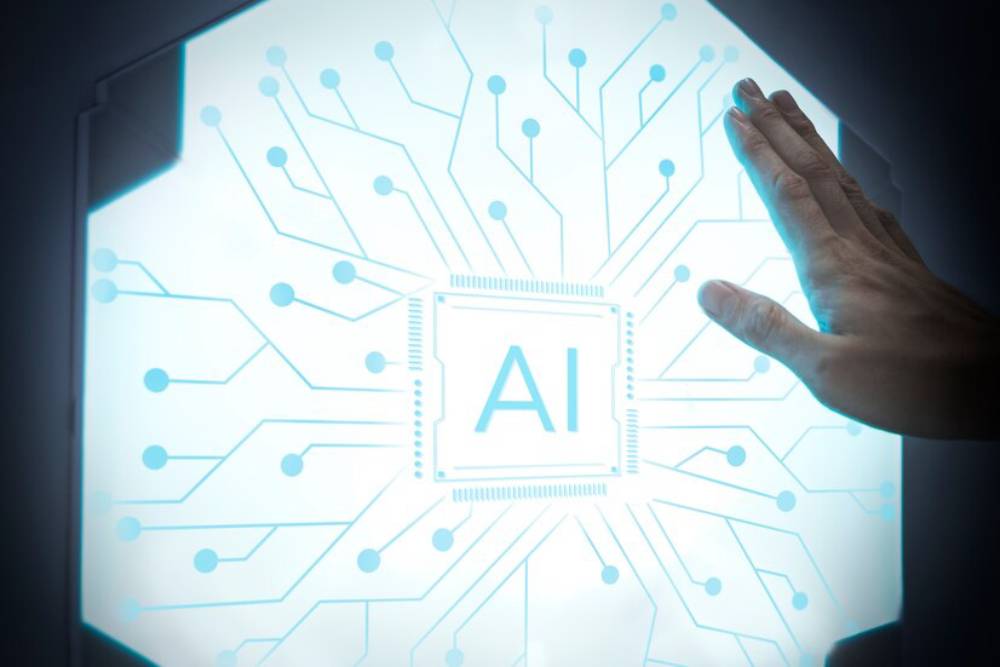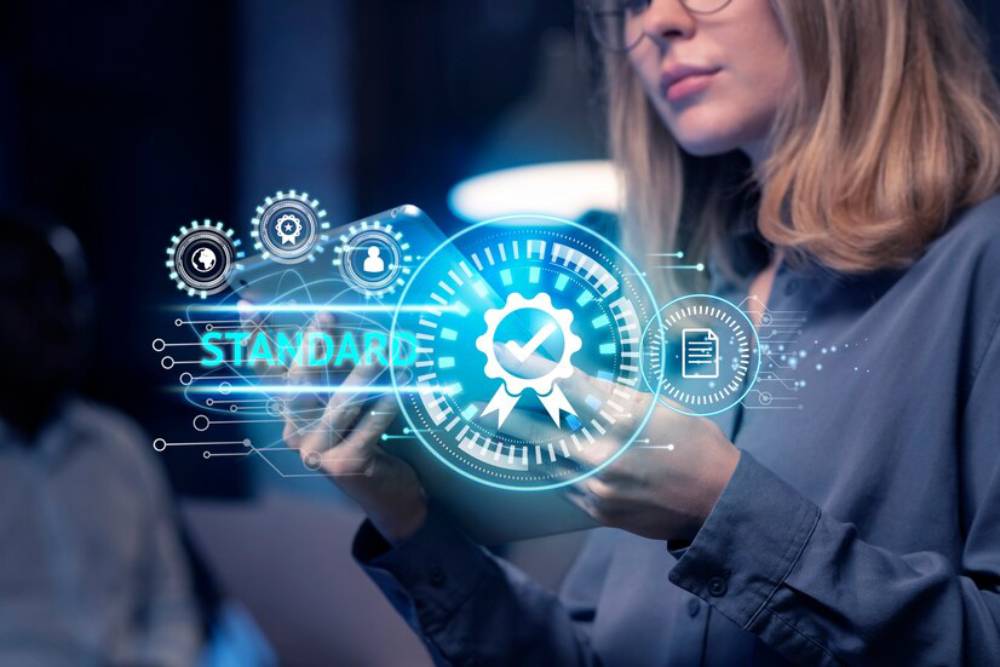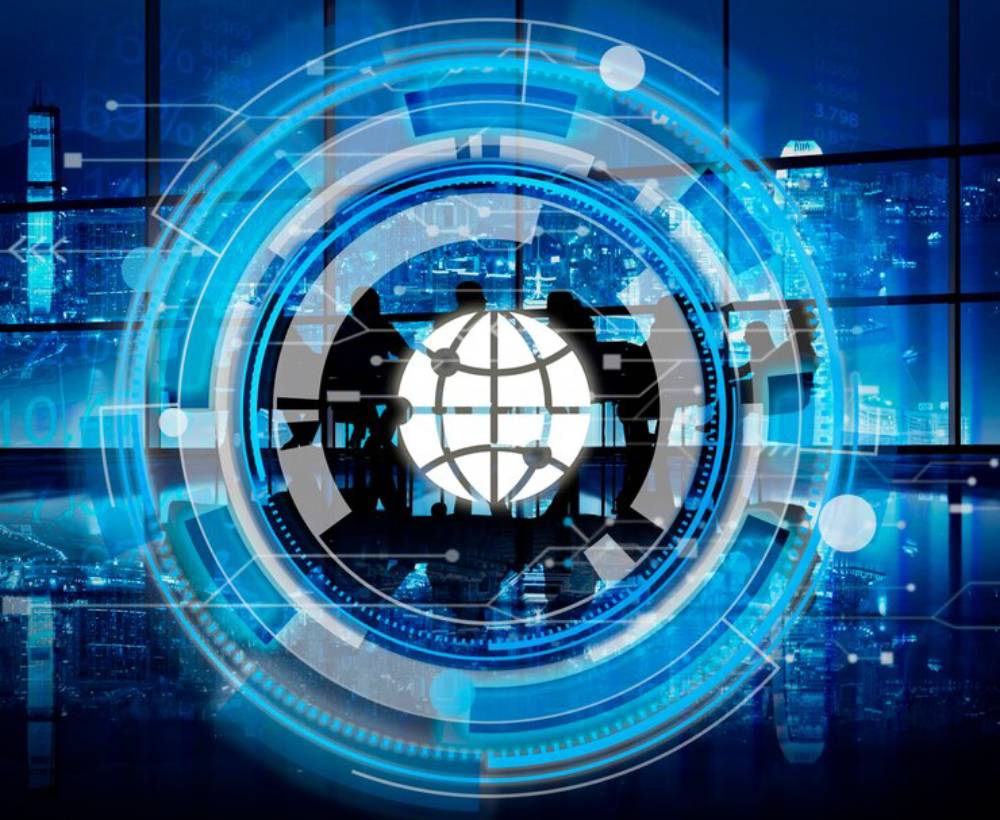
Global AI Standards: Building Trust in Technology
Artificial Intelligence is changing almost every industry. This includes healthcare, finance, education, and entertainment. It can analyse big datasets, automate choices, and imitate human thinking like no other. Yet as this power grows, so too does the need to ensure it is developed and used responsibly. In a fast-changing world, global AI standards are becoming crucial. They help build public trust and ensure lasting benefits for society.
AI must not evolve unchecked. We need to prevent algorithmic bias, protect user data, and clarify accountability. Clear and transparent tech rules are crucial. They help progress while ensuring it matches human values. This article looks at why AI standards are important. It also discusses how global efforts are shaping these standards. Finally, it explores how ethical AI can thrive through international teamwork.
Why AI Standards Matter

AI doesn’t operate in a vacuum. It affects hiring choices, loan approvals, justice outcomes, healthcare diagnostics, and even tactics on the battlefield. The risks of unregulated AI are well documented:
- Bias in decision-making due to flawed training data
- Lack of transparency in how algorithms operate
- Invasion of privacy through indiscriminate data collection
- Job displacement and economic disruption
- Security threats and misinformation campaigns
Without standards, we can’t consistently measure safety, fairness, or accountability in AI systems. Establishing AI standards allows for:
- Consistency in development and evaluation
- Interoperability between AI systems across borders
- Trust between users, developers, and regulators
- Protection of fundamental rights
What Are AI Standards?
In emerging technologies, standards are set rules or frameworks. They guide development, testing, and deployment. They may cover:
- Technical requirements (e.g., robustness, reliability)
- Data quality and labelling procedures
- Transparency protocols (e.g., explainability, documentation)
- Governance and accountability structures
- Ethical guidelines (e.g., fairness, non-discrimination, inclusivity)
Standards often come from international groups, such as ISO (International Organization for Standardization) and IEEE (Institute of Electrical and Electronics Engineers). Recently, governments and coalitions with various stakeholders have also started creating standards. They focus on tech regulation and ethical AI.
The Role of Ethical AI in Standards Development

Ethical AI refers to the design and deployment of artificial intelligence that aligns with human values, fundamental rights, and societal well-being.
Core principles often include:
- Transparency: Making AI systems understandable and auditable
- Fairness: Avoiding discrimination and bias
- Accountability: Assigning responsibility for outcomes
- Privacy: Protecting user data and autonomy
- Safety: Preventing harm through reliable, robust systems
Including these principles in AI standards makes ethics a key part of system design, not just an afterthought.
Global Efforts to Establish AI Standards
Many countries and global organisations are working to build safe and ethical AI frameworks.
1. The European Union: The AI Act
The EU is taking the lead with its AI Act. This is the first big effort to regulate AI based on risk level. It categorises AI applications into:
- Unacceptable risk: Banned outright (e.g., social scoring)
- High risk: Subject to strict oversight (e.g., biometric ID)
- Limited/minimal risk: Lighter rules (e.g., chatbots, spam filters)
The AI Act promotes transparency and human oversight. It also sets up conformity assessments. This creates a regulatory template for the world.
2. OECD Principles on Artificial Intelligence
Adopted by over 40 countries, the OECD’s guidelines emphasise:
- Inclusive growth and sustainable development
- Human-centred values and fairness
- Transparency and explainability
- Robustness, security, and safety
- Accountability
These principles help set a baseline for AI standards across diverse legal systems and cultures.
3. ISO and IEC Joint Technical Committee (JTC 1/SC 42)
This committee is working on a range of international standards for AI, including:
- Risk management
- Data quality
- Bias mitigation
- System governance
ISO aims to create common technical specifications. This helps ensure interoperability and build trust across borders.
4. IEEE Global Initiative on Ethics of Autonomous and Intelligent Systems
The IEEE initiative guides how to include ethics in AI systems. It covers:
- Transparent design
- Economic and political implications
- Human–machine interaction
- Rights of stakeholders
Their Ethically Aligned Design framework has shaped how companies and governments tackle ethical AI.
Challenges in Creating Global AI Standards
The need for standards is clear, but putting them in place worldwide comes with challenges:
1. Differing Legal and Cultural Norms
Privacy, free speech, and ethics vary widely between regions. What’s acceptable in one country may be controversial or illegal in another.
2. Technological Complexity
AI systems evolve rapidly. Standards must be flexible enough to adapt to new developments without stifling innovation.
3. Enforcement Mechanisms
Enforcing compliance is tough without global regulatory bodies. This is especially true for open-source models and cross-border deployment.
4. Corporate Resistance
Some companies might push back against rules that raise costs, slow down launches, or reveal their secret algorithms.
Even with these challenges, more people agree that working together is better than working alone. A piecemeal approach to tech regulation risks confusion and weakens global trust.
The Role of Industry in Shaping AI Standards
Companies play a pivotal role in developing, implementing, and refining AI standards. Some key contributions include:
- Open sourcing tools for bias detection, explainability, and fairness
- Participating in multi-stakeholder forums such as the Partnership on AI
- Creating internal AI ethics boards and compliance protocols
- Investing in responsible innovation as a market differentiator
Big tech companies such as Google, Microsoft, and IBM have shared their ethical AI principles. They also join global discussions, knowing that trust can give them a competitive edge.
AI Standards in Practice: Real-World Examples
1. Algorithmic Impact Assessments (AIAs)
AIAs come from environmental policy. They are processes that assess the risks and benefits of AI systems before they are used. Governments in Canada and the EU are piloting these assessments.
2. Model Cards and Datasheets
These documentation practices explain how the AI model was trained. They detail the data used and its intended use cases. This provides transparency and helps prevent misuse.
3. Red Teaming AI Models
Red teaming, inspired by cybersecurity, tests AI systems. It finds hidden vulnerabilities, biases, or edge cases. This process helps ensure systems are strong before they are released.
The Future of Global AI Standards

As AI spreads, we can expect more push for global standards and regulations. Key future developments may include:
1. Global AI Certification Schemes
Like products with CE or ISO marks, AI systems might soon receive certification for meeting ethical and technical standards.
2. Multilateral Agreements
Nations might sign AI compacts like trade or environmental agreements. These compacts would help promote shared values and set up ways to enforce them.
3. AI Ombudsman Institutions
Independent bodies can look into complaints, help resolve disputes, and check AI systems. This gives citizens a way to seek help when harm happens.
4. AI Literacy and Education
Empowering users with the knowledge to understand and question AI systems is just as vital as regulating them. Expect a surge in public awareness initiatives and digital rights advocacy.
Trust Through Transparency and Cooperation
The rise of AI offers unprecedented opportunity—but also profound responsibility. Without clear frameworks for governance, the very systems designed to improve lives could erode rights, deepen inequalities, or go unchecked in critical domains.
AI standards are not merely technical rules—they are expressions of our collective values. Through thoughtful tech regulation, open dialogue, and a commitment to ethical AI, we can ensure that artificial intelligence remains a tool for human empowerment, not a source of harm.
Take action today: Support organisations shaping ethical AI, advocate for responsible policies in your region, or explore how your workplace can implement AI governance. The future of technology is being built now—let’s make sure it’s built on trust.


